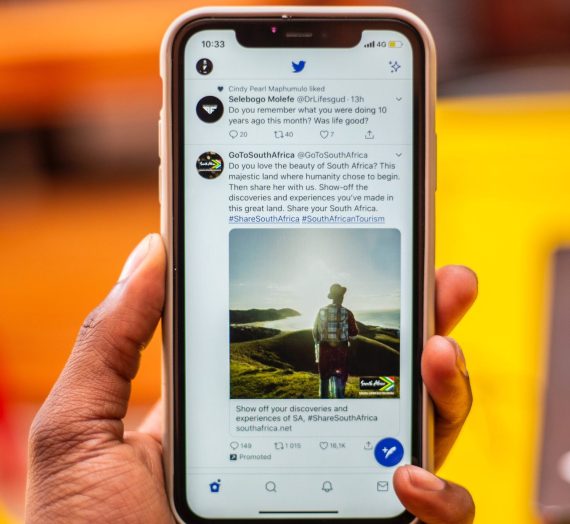As the podcast market becomes increasingly saturated, content creators can create podcasts that attract listeners by focusing on positivity.
There are a million podcasts to choose from these days, and it’s almost impossible to scroll through social media without seeing recommended podcast clips. But how often is the content we hear on podcasts educational or enriching?
Podcasts are a form of digital social engagement just like texting, posting, or commenting, and they have the potential to positively contribute to their listeners’ lives. Despite this, podcast creators sometimes choose to make their podcast an echo chamber of negativity and confirmation bias, which doesn’t necessarily boost ratings or attract readers. A recent survey suggests that podcasters can actually increase their number of returning listeners by framing their content positively.
THE RESEARCH
In their study “Measuring the Mediating Effect of Satisfaction and Compatibility on the Relationship between Podcast Features and Users’ Intention of Continuous Usage and Word of Mouth,” Feng-Chao Yang and Po-Wen Tasi examined which factors make listeners most likely to listen to podcasts. They distributed a survey that was designed to measure whether listeners were more or less likely to report a satisfactory experience with podcasts based on multiple factors, including perceived playfulness (how much a person enjoys an experience with no thought for extrinsic gain) and social presence (the feeling of being with others in a virtual environment).
In the survey (3.3), satisfaction was measured through questions that asked about how satisfactory, pleasant, fulfilling, and enjoyable the user found the podcast experience. Perceived playfulness was measured through questions about how fun, enjoyable, happy, and pleasant podcasts made the user feel. Social presence was measured through questions that asked about the perceived relationship between the podcaster and the user—how interactive, communicative, and accompanying the podcaster seemed.
Using structural equation modeling to analyze the survey results, the researchers found that by increasing the perceived playfulness and social presence of a podcast, user satisfaction increased, which then positively affected whether users intended to continue listening to podcasts.
“The study indicates that listeners who feel as if they are interacting with the podcaster in the same space derive [satisfaction] from podcasts.”
Yang and Tasi (2023)
THE IMPLICATIONS
This research indicates that both podcasters and listeners can benefit from podcasts that are enjoyable, fun, happy, and pleasant. When podcasters focus on using their words and content to cultivate these positive effects, their podcasts’ perceived playfulness and social presence both increase, which increases user satisfaction and the likelihood that listeners return to the podcast.
Words and content that are critical and negative often make people feel isolated and emotionally drained. Podcasts can foster connection and community by crafting content with the listener in mind, and creating more positive content will help offset the vast amount of negative content already available in this space. As podcasters consider the kind of tone and content to include in their next podcast, they should keep in mind the potential they have to benefit their audience by staying positive.
To learn more about creating a podcast that enhances the experience of listeners, read the full article:
Yang, Feng-Chao and Po-Wen Tasi. 2023. “Measuring the Mediating Effect of Satisfaction and Compatibility on the Relationship between Podcast Features and Users’ Intention of Continuous Usage and Word of Mouth.” Multimedia Tools and Applications. https://doi.org/10.1007/s11042-023-17417-z.
—Katie Greene, Netiquette
FEATURE IMAGE BY CONVERTKIT
Find more research
Learn more about podcast etiquette by taking a look at Marley Matthews’s Netiquette article “Disclaimer: Podcasts May Utilize Differing Language Based on Political Affiliation.”
Read Putra Ardi Wibawa, Faiza Hawa, and Siti Musarokah’s (2023) article to discover positive politeness strategies already used by successful podcasters: “Politeness Strategies in Anders Antonsen’s Podcast: The Badminton Experience Episodes.” Proceeding of English Teaching, Literature and Linguistics (Eternal) Conference 3, no. 1. https://conference.upgris.ac.id/index.php/etll/article/view/3531/2212.




